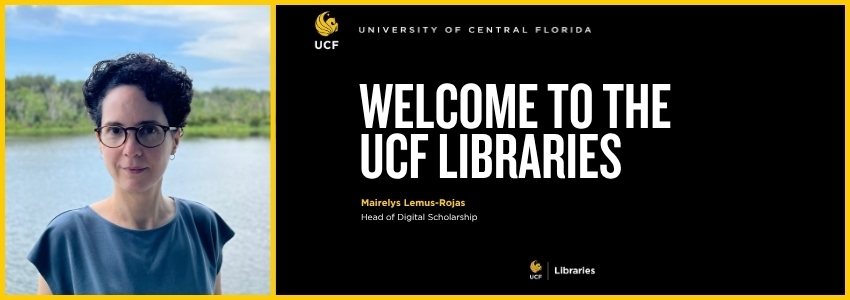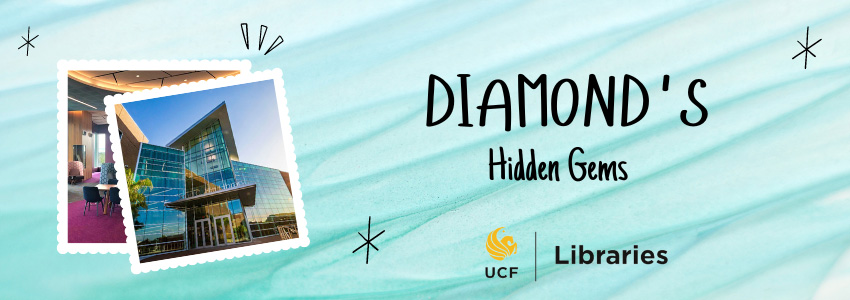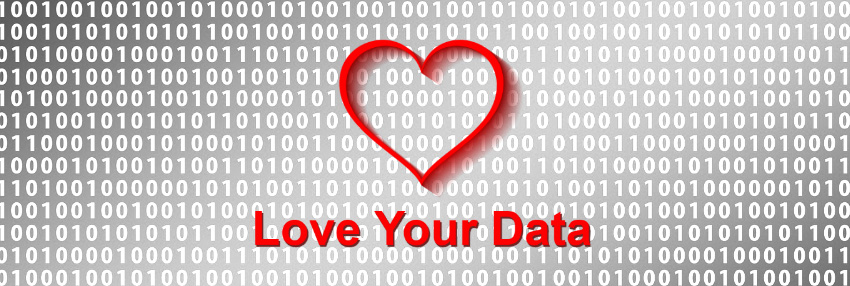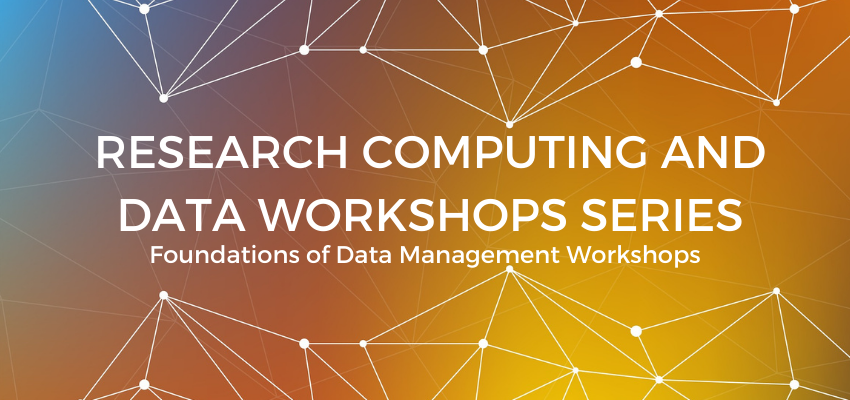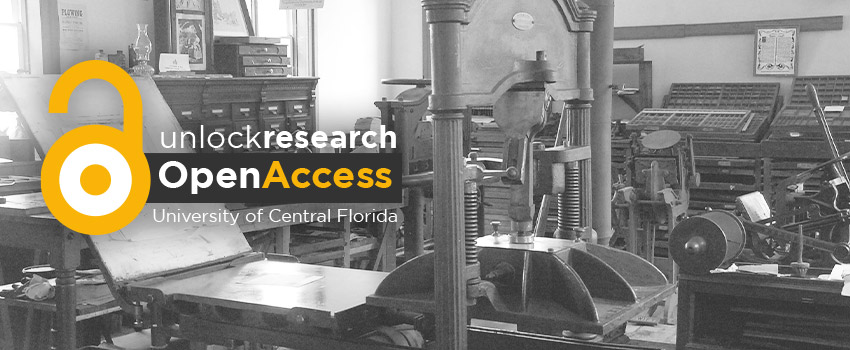Welcome to Diamond’s Hidden Gems, a blog series in which I introduce you to the University of Central Florida’s library services that you may not know about!
True to its nature as a public research university (a university that drives discovery and advancement), UCF places heavy emphasis on research. This occurs especially during a student’s college career, in which we are encouraged to network and get involved with projects that draw our attention. UCF does not leave us on our own in these ventures, however, offering resources and assistance throughout the entire research process. One such resource is the department of Scholarly Communications.
The term “scholarly communication” refers to the steps of scholarly output (ex. research, writing, and publishing). The process includes:
- Doing research
- Preparing to write a journal article
- Determining which publisher to use
- Facilitating awareness and access to your works.
The Office of Scholarly Communication (SC) provides services for research, Open Access, and copyright. UCF recognizes that research is a complex process with many steps and pathways. SC offers services to help you along the steps below:
- Research Planning
- Project Management
- Publishing and Presenting
- Preserving and Disseminating
- Prestige, Impact, and Discovery.
Use the Office of Scholarly Communication and its resources to acquaint yourself with the research process and receive assistance for your own research. Visit the consultation page to schedule an appointment. For additional information, comments, questions, or suggestions, email Sarah Norris (sarah.norris@ucf.edu).
To read on about all of the services the Office of Scholarly Communication has to offer, please visit “Diamond’s Hidden Gems – Scholarly Communications” in STARS!
